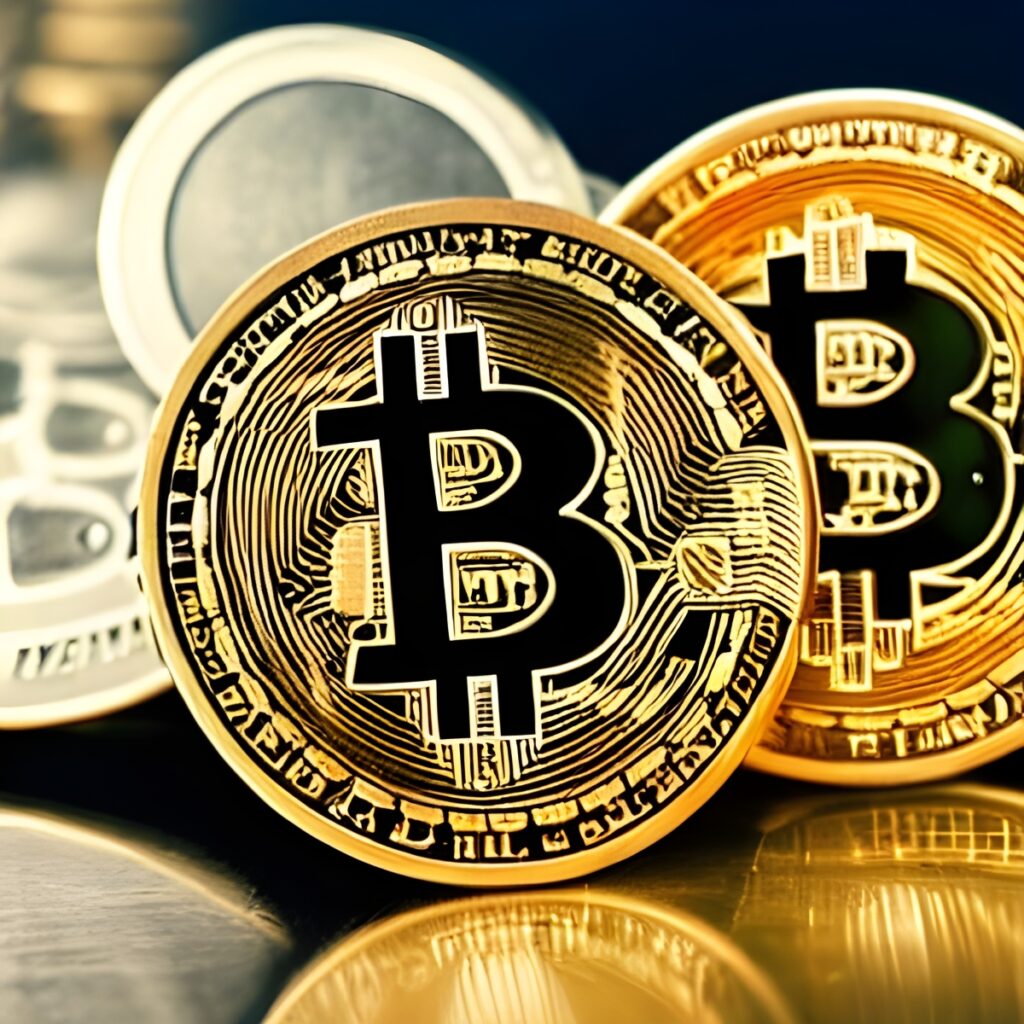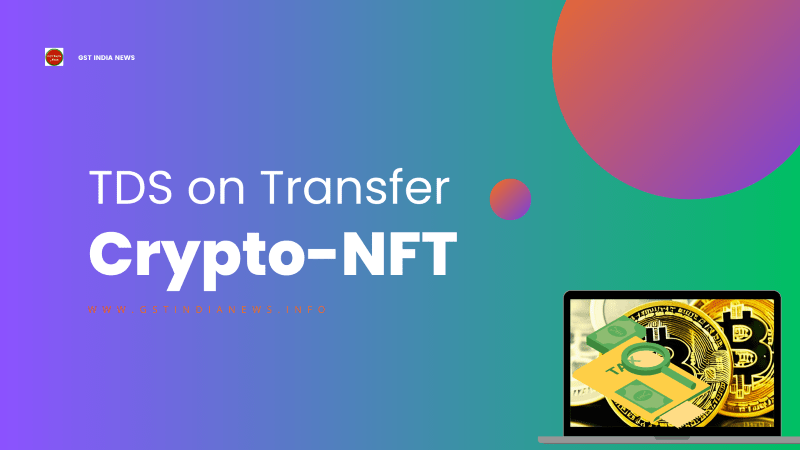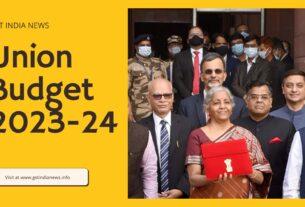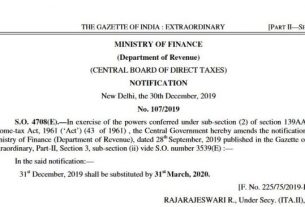In this day and age, there are very few people who have not heard of the term digital investment. In the last decade, a new realm of digital investments has accelerated into investor portfolios. The world of digital investment is a part of our everyday lives. Until recently, dealings in such an investment had no tax implications. Now that India’s government has begun taxing digital investments (Section 115BBH) (whether fairly or haphazardly is a different discussion), it has undoubtedly opened the door for TDS Compliance.

Is Your Investment a Digital One?
The newly added definition of virtual digital assets under section 2(47A) has been added to include all the possible digital investments. It describes a digital investment as:
(a) any information, code, number, or token (other than Indian currency or foreign currency), generated through cryptographic means or otherwise, by whatever name called, providing a digital representation of value exchanged with or without consideration, with the promise or representation of having inherent value, or functions as a store of value or a unit of account, including its use in any financial transaction or investment, but not limited to investment schemes;
(b) a non-fungible token or any other token of similar nature, by whatever name called;
(c) any other digital asset specified by the Central Government in the Official Gazette:
Virtual Assets, not so Virtual Tax
The Finance Bill 2022 proposes a new section 194S, effective 1.7.2022, which requires the deduction of Tax at source at 1% on the payment of purchase consideration to a resident person on the transfer of a virtual digital asset.
The responsibility to deduct Tax under section 194S of the Act applies only when the value or aggregate value of the consideration for transfer of VDA exceeds:
- Rs. 50,000 during the financial year if paid by a specified person and;
- Rs. 10,000 in all other cases.
Where,
- Specific Person:
(a) An individual or an undivided Hindu family whose turnover/gross receipts do not exceed Rs. 1 crore in the case of the business of Rs. 50 lakhs in the case of the profession during the fiscal year immediately preceding the fiscal year in which such virtual digital assets are transferred.
(b) Not having any income under the heading “Profits and gains of business or profession” as an individual or a Hindu undivided family.
- To avoid confusion, it is clarified that the Tax required to be withheld under Section 194S of the Act shall be calculated on the “net” consideration after excluding GST/charges levied by the deductor for rendering service.
- Because the threshold of fifty thousand rupees (or ten thousand rupees) is for the financial year, the calculation of consideration for transfer of VDA causing deduction under section 194S of the Act will begin on April 1, 2022. Since the provision of Section 194S of the Act applies at the time of credit or payment (whichever is earlier) of any sum representing consideration for the transfer of VDA, any sum credited or paid before July 1, 2022, would not be subject to tax deduction under Section 194S of the Act.
Changing Times, Changing Terms.
- CBDT issues Circular No. 13/2022, dated 22.06.22, containing guidelines for removing difficulties in Section 194S; it has amended and added some circumstances on which Section 194S is non-applicable.
(i) When the value or aggregate value of the consideration payable by a specific person does not exceed Rs. 50,000 during the fiscal year; or
(ii) When the consideration is payable by someone other than the specified person and the value or aggregate value of such consideration does not exceed Rs. 10,000.
- Where other sections of TDS or any overriding section have already been applied to a particular transaction.
Let’s Assume, Shall We
Mr A is a Bitcoin investor who also serves as a director of a large corporation. Every year, he receives a salary of Rs. 2 crores. To buy his wife, Mrs B, a BMW for her birthday, he decided to liquidate a portion of his Bitcoins worth Rs. 50 lakhs and use the proceeds to purchase the car. In this case, he sells his Bitcoins to Mr C (an Investor Titan with annual Capital gains of 50 crores) at the market price. Mr. C, to whom the Bitcoins are transferred in exchange for money, must deduct 1% tax, i.e., Rs. 50,000, under section 194S before paying such consideration.
In the same situation, what if Mrs B wants a Crypto-Punk (NFT) for her birthday? Things become more complicated when one asset is exchanged for another. Both assets in the transaction are virtual, and section 194S requires a 1% deduction. Unless both parties agree otherwise, if the consideration is in kind, that is, in another virtual asset, the exchange occurs only after TDS is deducted on both legs of the transaction.
The Bottom Line is,
Your hot investment’s returns may fluctuate like your moods (mostly sad), but if you transfer it, Section 194S will almost certainly take a nice cut. The days of Virtual Digital Assets having no tax implications are over. Your out-of-the-box, trendy investment is now mainstream, at least in terms of tax compliance.
Finsights is a platform that completely automates your GST ITC reconciliation with their GST Reconciliation Software and eliminates the need for unnecessary calculation and data organization for the best user experience.



